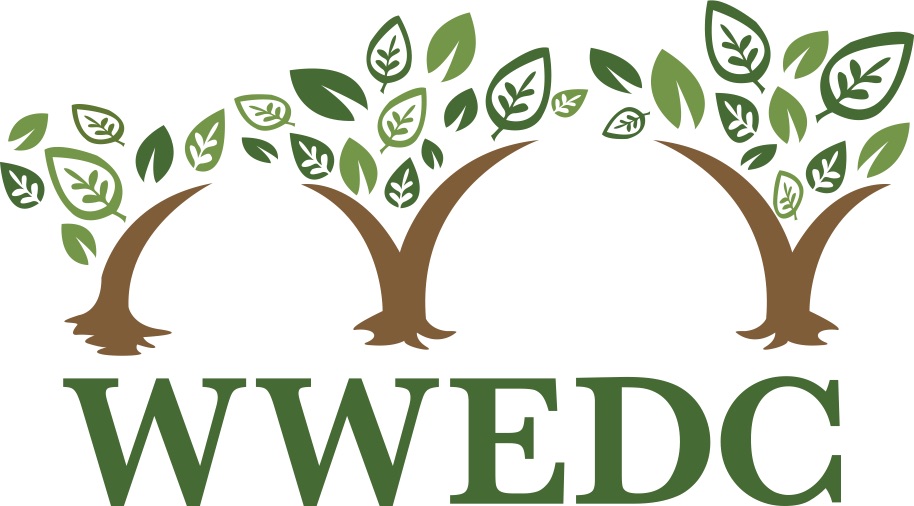Blog post written by Natalie Doan, BAH, MSc candidate in Public Health and Health Systems, University of Waterloo
“If you are struggling with an eating disorder, please seek help. You do not need to struggle alone. Please see below for some resources”. Obtaining help for an eating disorder is very straight forward—all you need to do ask for help! However, those who sought treatment for their eating disorder can vouch that the process is a lot more difficult than simply asking for help and receiving the appropriate treatment upon the first request. Compounding the financial and geographic constraints to many eating disorder treatment, the experience with the stigma around eating disorders and mental illnesses can convince individuals that they are not worthy or deserving of treatment—I’m not sick enough. However, folks struggling must know that navigating the healthcare systems can be very tricky for many individuals struggling with an eating disorder but there are strategies and resources that can be helpful. Preparing yourself with some of the challenges to expect can help prepare you for a journey towards recovery.
Barriers related to shame and stigma
“People won’t take me seriously because I don’t look like I have an eating disorder”.
“I’m embarrassed to admit I have an eating disorder.”
“I’m worried what my family and friends will think, say, or do when they find out I have an eating disorder.”
Concerns with what other people will think, say, or do when you disclose that you need help for an eating disorder have one factor in common— they stem from a misunderstanding about eating disorders. Experiencing a negative response from family, friends, and healthcare professionals because of their misconceptions can elicit immense feelings of shame. However, don’t let this prevent you from getting help. Encouraging your loved ones to learn as much as they can about eating disorders can help your loved ones understand more about eating disorders and how to support you. Some great resources to start with include information from the National Eating Disorder Information Centre, National Eating Disorder Association, Beat, and Butterfly Foundation. Regardless of your weight, shape, or size, your struggle is valid and deserving of help.
Barriers related to attitudes towards help-seeking
“Nobody will be able to help me.”
“I don’t need help—I can handle problems by myself.”
Sometimes hesitation towards help-seeking can come from our beliefs about mental illnesses and treatment. We may believe that we don’t need help because people with mental illness(es) are weak and we desire to be self-reliant. However, asking for help is not a sign of weakness. By being proactive and accessing support for eating disorder symptoms, you can help prevent them from negatively affecting your well-being.
Barriers related to practical constraints (e.g., time, financial, location)
“I’m concerned how taking time off for appointments might affect my school or work.”
“My local community lack resources and it’s difficult for me to travel to appointments.”
“I don’t have anyone who can help me find support.”
The practical barriers to accessing support and treatment can be incredibly disheartening. Due to the very real constraints of time, cost, and geography, choosing to preserve in obtaining support can be very challenging. In these situations, leveraging online eating disorder support and services can be especially helpful. Depending on the format you prefer, the Looking Glass Foundation, Eating Disorder Support Network of Alberta, Body Brave, and Eating Disorder Nova Scotia are excellent resources to access regardless of where you live. In addition, the National Eating Disorder Information Centre has a toll-free line (1-866-NEDIC-20) where a support worker can help you figure out next steps.


